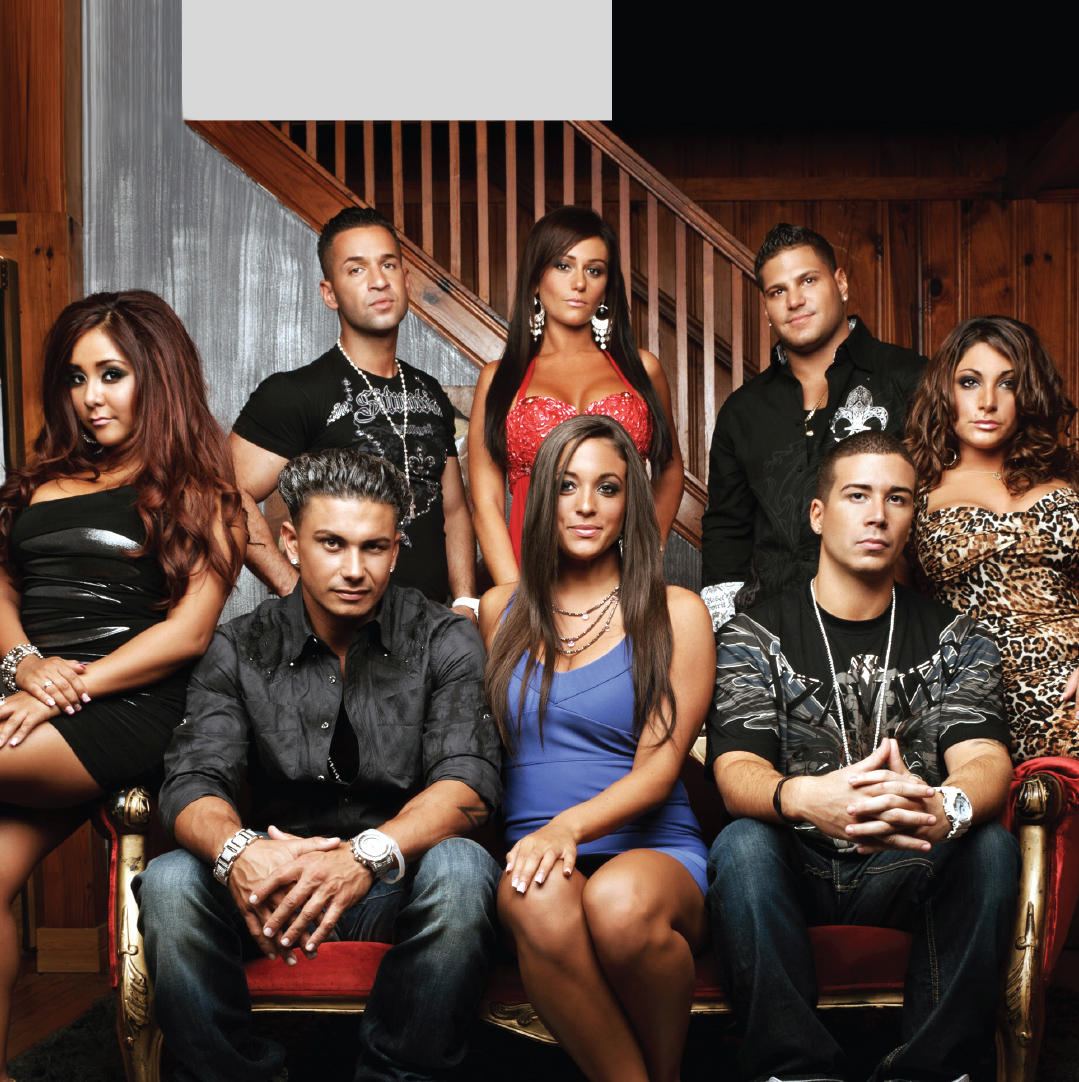Chapter 8
After a brief breakup following a bitter fight, Ronnie and Sammi talk about their romance.1 “I miss you,” Ronnie says, “and I think we should work things out.” “You’re my best friend, and I love you,” confesses Sammi. What Sammi doesn’t tell Ronnie, however, is that during their breakup she was hitting on another guy, Arvin, through text messages.
Later that night, while they and the other cast members of MTV’s iconic show Jersey Shore are out at a bar, Arvin shows up and tells one of the Jersey housemates, Mike, about Sammi’s flirty text messages. When Mike expresses doubt, Arvin shows him the texts on his phone—complete with Sammi’s ID. Busted! Mike then shares the news with the other women from the house, who warn Sammi.
Upon being alerted, Sammi refuses to admit wrongdoing and instead blames Arvin for sharing the texts. She then accosts Ronnie, who refuses to talk to her. When she insists on having the conversation, it turns into a nasty screaming match, with Ronnie shouting, “We’re finished!” Later, at home, the conflict spreads to the other housemates. Sammi confronts Mike about “stirring things up” by sharing the texts, and she and Mike trade accusations about who’s “the shadiest.” Then, while the other roommates chime in with jokes and taunts, the fight between Sammi and Ronnie explodes again. With both of them shouting and swearing, the credits roll. Another episode of Jersey Shore wraps up, filled with misperceptions, poor communication choices, and destructive outcomes.
Conflicts on reality shows—like now-canceled Jersey Shore— seem surreal, almost comical. It is easy to tune in weekly and watch just for fun, as the characters call each other names, escalate the tensions, and endure the inevitable pain that disagreements bring. But the conflicts you experience in your own reality are both different and similar to those involving Sammi, Ronnie, Snooki, and Mike. They are different in that you experience them firsthand, so the pain is deep and personal. They are similar in that there’s a firm connection between the communication choices you make and the personal, relational, and professional outcomes that result. Dealing with conflicts the way the crew on Jersey Shore did—by exclusively blaming others, refusing to acknowledge their own accountability, and communicating in hostile and demanding ways—inevitably leads to negative outcomes. But when you approach conflict as a communication challenge, best solved by being respectful, flexible, and mutually oriented, you create the possibility of successfully resolving dilemmas in ways that leave you and others satisfied.

Although the interpersonal, group, and public encounters that fill your days bring with them bountiful rewards, they also provide fertile ground for conflict (Malis & Roloff, 2006). Why? Everyone has his or her own goals, preferences, and opinions, so when we deal with each other, clashes inevitably occur. The starting point for understanding conflict is to recognize that conflict will always be a part of life. The challenge isn’t how to avoid conflict but how to manage it.
Dealing with conflict is difficult because most disagreements occur between people who know each other, are involved in close relationships, or work together (Benoit & Benoit, 1990). Thus, conflicts feel like intense, negative, emotional events (Berscheid, 2002). Yet conflicts can also be constructive, giving people the opportunity to openly confront and solve problems that may have simmered for a long time. Properly managed, conflicts can even help clarify your own and others’ viewpoints and goals, as well as teach you how to adapt your communication to live and work more constructively with one another (Donohue & Kolt, 1992). In this chapter, you’ll learn:
- What conflict is and how it unfolds as a process
- Which approaches to managing conflict are least—and most—competent
- How the conflict-management approach you use affects the outcomes that result
- What barriers exist to managing conflict well, and how they can be overcome